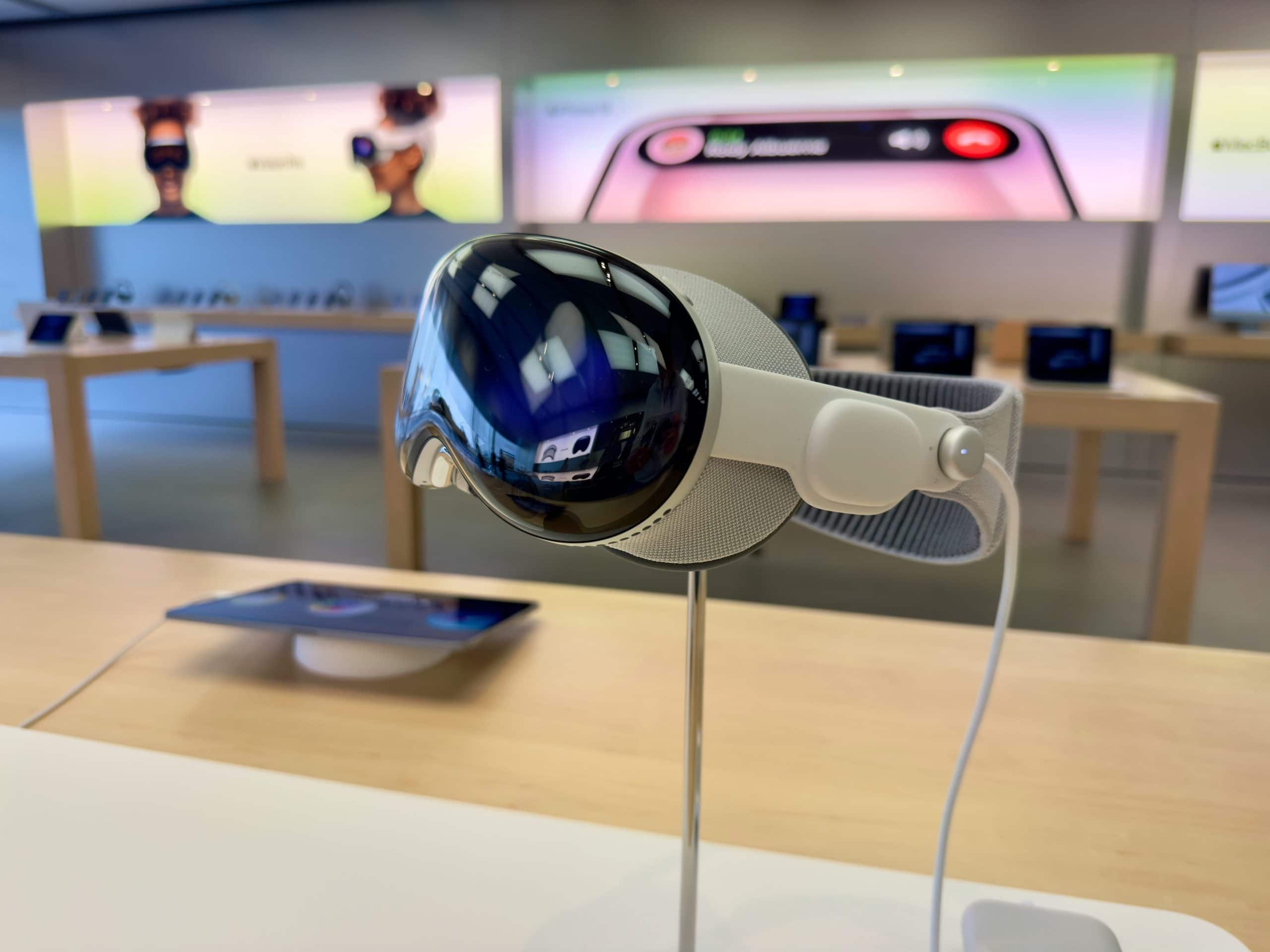Highlights
- Meta Orion promises a revolutionary experience with augmented reality (AR) that blends the digital and real worlds.
- Potential compromises on features, like field of view, due to manufacturing issues with advanced lenses.
- While promising, the final product may not meet the high hopes set by the prototype, especially in terms of price and accessibility.
When Meta Orion was launched by Mark Zuckerberg at Connect 2024, it was like entering into a whole new world of AR, sleekly designed, with architecture full of promise, underlined with leading-edge technologies that seemed to show evidence about a future where life would be pretty well connected to both the digital and physical worlds.
Consider wearing fashionable glasses with helpful information overlayed right before your eyes—no more fumbling with a phone and going around searching for answers. All this is exciting but the reality of what we are going to get may look very different. We’re going deep into the promises of Meta Orion, the challenges to accompany this undertaking, and what this would mean for AR technology in the future.
Meta Orion: A Glimpse into the Future of AR, But with a Caveat
The Promise of Orion
A first glance Meta Orion dazzles with its incredible features. It promises an expansive field of view, high-definition displays, and controls that almost seem intuitive. Imagine you are in a meeting, directing your way walking down the street, or in contact with virtual objects as if they appear before your face, or virtually attending your meetings without missing any real ones.
The direction taken is more than bang-on with what many tech enthusiasts have dreamed of for years. It’s something beyond a gadget and might just well change the way we function in this world.
Orion’s functionalities are much more than just pure novelty. Instant information about directions, reminders, or notifications could change the way people conduct their daily lives. You would sit in a coffee shop, instead of checking your phone you would just look up and your messages are going to show up in front of you.
You would play experiences where the game world commingles with the world around you, you play in real life even as the digital elements are imbuing it. The promise of immersion is simply thrilling and makes the excitement surrounding Orion palpable.

Reality Check
But the excitement surrounding Orion does come with its share of challenges: one major concern that originated from the production difficulties tied to the silicon carbide lenses in the prototype. These lenses are fabulous with regards to their optical properties, but extremely costly to manufacture in quantity.
That would mean that the shipping version of Orion is going to disappoint anyone who has any expectations built up by the prototype. For example, it has to be narrowed down to a far more acceptable field of view that would defeat the experience in itself.
And while the hype is contagious, the price factor is an imposing reality. The company has said nothing about pricing, but in terms of the size complexity of technology, and demand, it will probably be priced higher, perhaps even as a premium product.
That would limit who has access to such a device in a big way, not just for those who are generally unwilling to spend on new technologies, but for others who are already worried. To a person like me who has never even attempted high-end technology, such as AR glasses, the tag of expensive price may be deterrent enough in itself.
Future of AR

Putting all of that aside, however, Meta Orion is an important step forward for AR. It speaks for the plain ability of AR to transform how we live, meet, and engage with the world. Augmented experiences might redefine the way one communicates, entertains oneself, and consumes information.
The road to mass adoption is still a long way down the road. There are many problems yet to be tackled in the industry when it comes to cost, battery life longevity, and the feeling of comfort for a user before mass adoption through AR glasses. No matter how much people love the idea of smart glasses, they’re going to stumble if inconvenient, uncomfortable, and have to be plugged in too often.
This puts Meta in an excellent position to take the first position to lead because of the volume of resources that the technology provides for it. Still, let’s not forget that the Orion we are witnessing today may change drastically before it reaches consumers. The promise goes hand in hand with challenges that might give it its shape in the future.
Wrapping It All
It’s all well and good, at the end of the day, that the Meta Orion is a view preview in augmented reality of what our near future might end up looking like. But temper those expectations just a bit because the finished product may not quite live up to the show-stopper we’re seeing here, nor cost even more than many of us are willing to pay. But if Meta conquers these obstacles, then that’s going to be the day AR technology enters a new age of computing and interaction.






